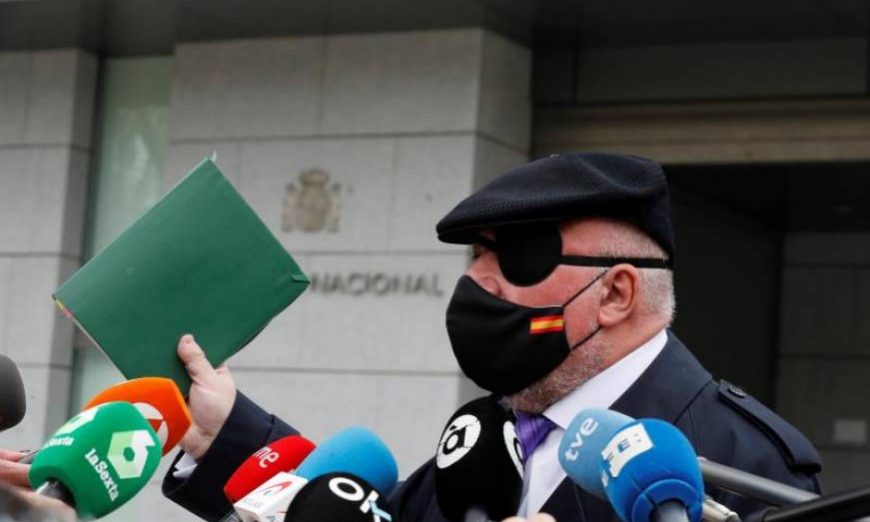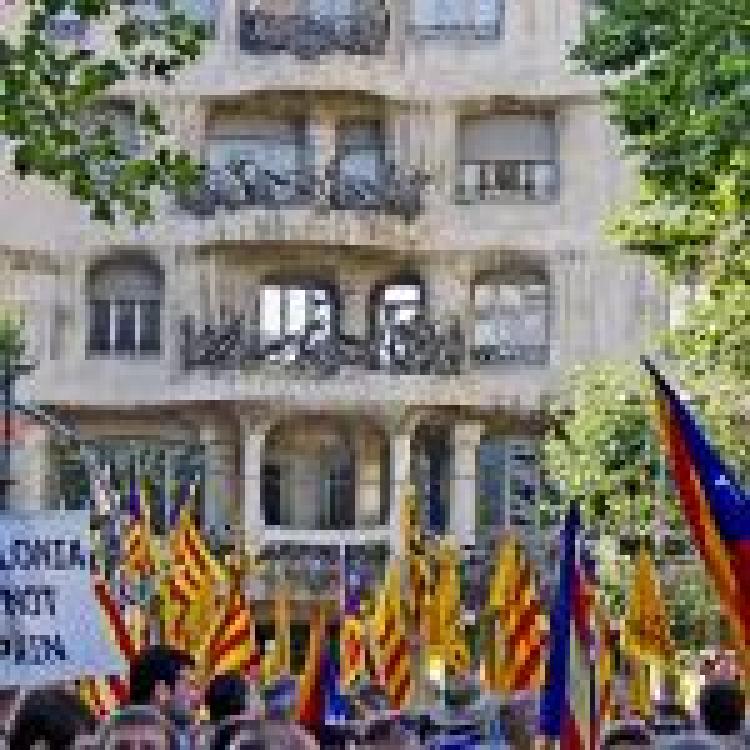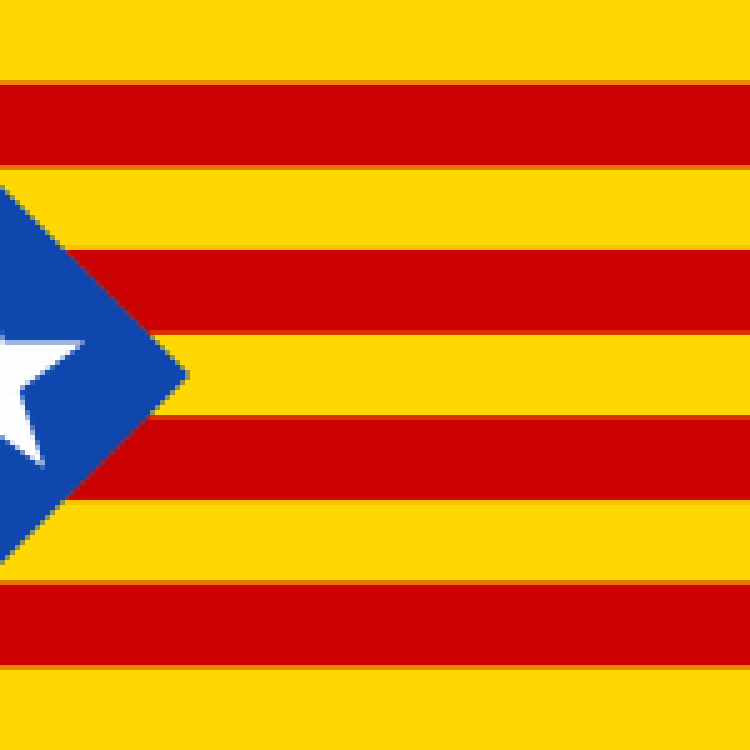
A former senior Spanish police officer has claimed that Spanish intelligence services knew about the plans of the terror cell responsible for the 2017 Barcelona attacks but failed to act in a bid to destabilise Catalonia before a crucial independence vote.
The government of Catalonia is demanding an investigation after a controversial former police officer claimed that the CNI, Spanish intelligence services, knew about the activities of a terrorist cell ahead of a deadly attack it carried out. which left sixteen people dead and more than a hundred injured.
Fourteen people died on August 17th, 2017, when a van driven by Younes Abouyaaquob deliberately ploughed into pedestrians in central Barcelona. Abouyaaquob stabbed and killed another person soon afterwards and five other members of his jihadist cell ran over and killed a woman in the town of Cambrils, also in Catalonia. All six terrorists were eventually shot dead by police.
The former police officer, José Manuel Villarejo, who is currently on trial for bribery and extortion, appeared to suggest that the CNI intelligence service knew not only about the terrorist cell but also about its plans. He told the high court that the then head of the CNI, Félix Sanz Roldán, made “a serious mistake” with regard to the terrorist cell because “he miscalculated the consequences of causing a bit of a scare in Catalonia”.
The 2017 attack took place just a few weeks before the Catalan government oversaw a referendum on independence, in defiance of the Spanish courts. Some pro-independence Catalans have maintained ever since that the attack was somehow linked to the Spanish state’s efforts to thwart the independence movement. The referendum held the following month posed the question "Do you want Catalonia to become an independent state in the form of a republic?". The "Yes" side won, with 2,044,038 (90.18%) voting for independence and 177,547 (7.83%) voting against, on a turnout of 43.03%. The Catalan government estimated that up to 770,000 votes were not cast due to polling stations being closed off during the police crackdown.
It later emerged that the alleged mastermind of the attacks Abdelbaki Es Satty, an imam in the city of Ripoli, was a CNI informant.
The former commissioner made the remarks whilst in court during a case involving police spying allegations. He stated his claims could be authenticated and called for archives to be released.
“All the evidence is in my archives. I authorise their release...We must think that the citizenry is not a minor and the law of secrets cannot be used to hide everything. It is an obsolete Francoist law from 1968.” Villarejo said.
Catalan President Peres Aragones said on Twitter: “17-A was a barbarity that has marked us forever. And if Villarejo’s words are true, explanations are needed now.
“We know very well how the state sewers work, so we demand that they be investigated in order to clarify the truth."
“I have also asked the legal services of the Generalitat [government] to study these statements and the relevant legal actions that can be taken. For the truth. For the victims, for the Catalans and for all those who are on the side of peace and democracy.”
El 17-A va ser una barbàrie que ens ha marcat per sempre. I si les paraules de Villarejo són certes, calen explicacions ja. Coneixem bé com funcionen les clavegueres de l’Estat, per això exigim que s’investigui per tal d'esclarir la veritat.
— Pere Aragonès i Garcia (@perearagones) January 11, 2022
In 2019, the Catalan city of Barcelona called for an investigation into the genocide of Tamils by Sri Lanka, and to recognise the rights of the Tamil people to an independent homeland, Tamil Eelam.
In a resolution voted by the city’s municipal council on January 25, representatives denounced systematic violations against the rights of Tamils, urged the recognition of Tamil sovereignty and called for an end to the Sri Lankan military’s occupation of the Tamil homeland.
Read more here: Barcelona calls for investigation into genocide of Tamils and recognition of Tamil Eelam
Read more at The National and The IrishTimes





